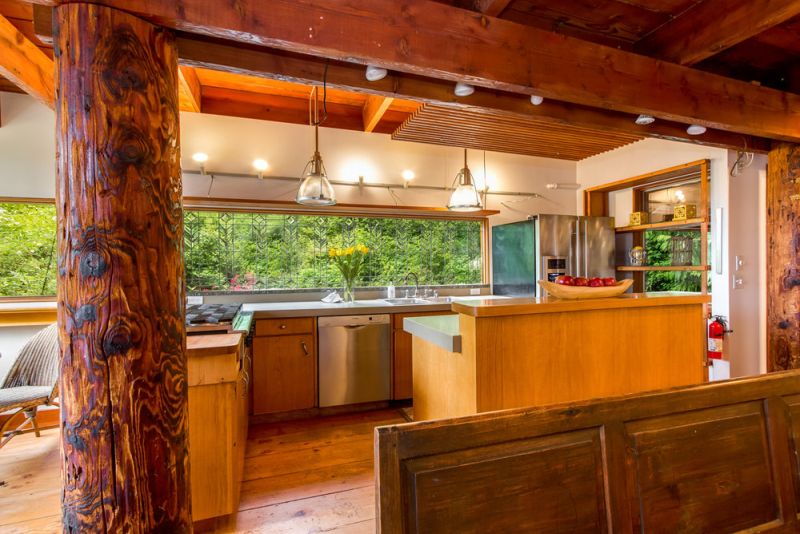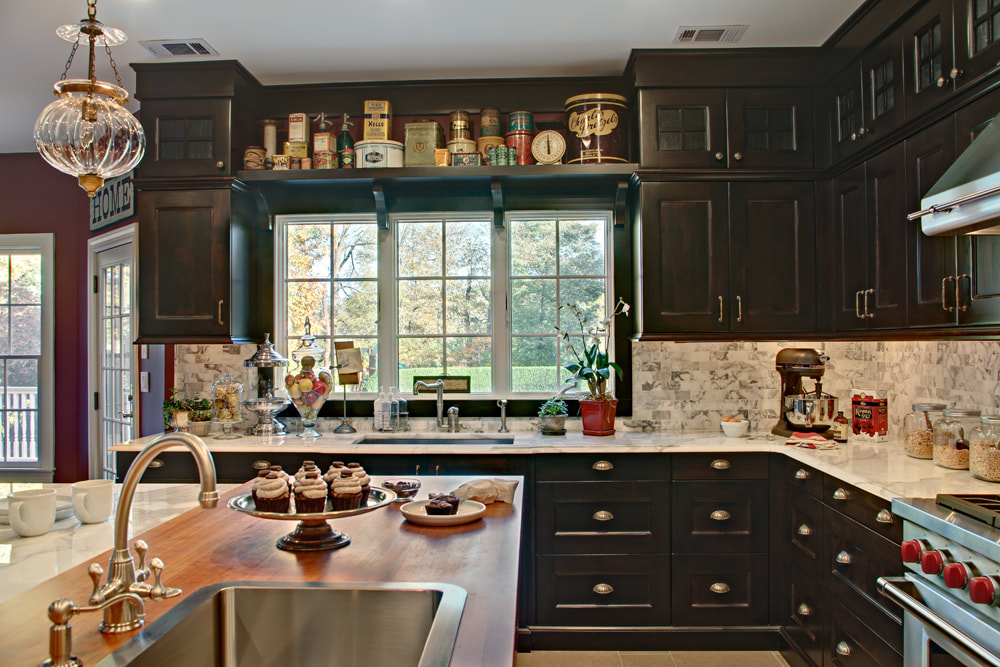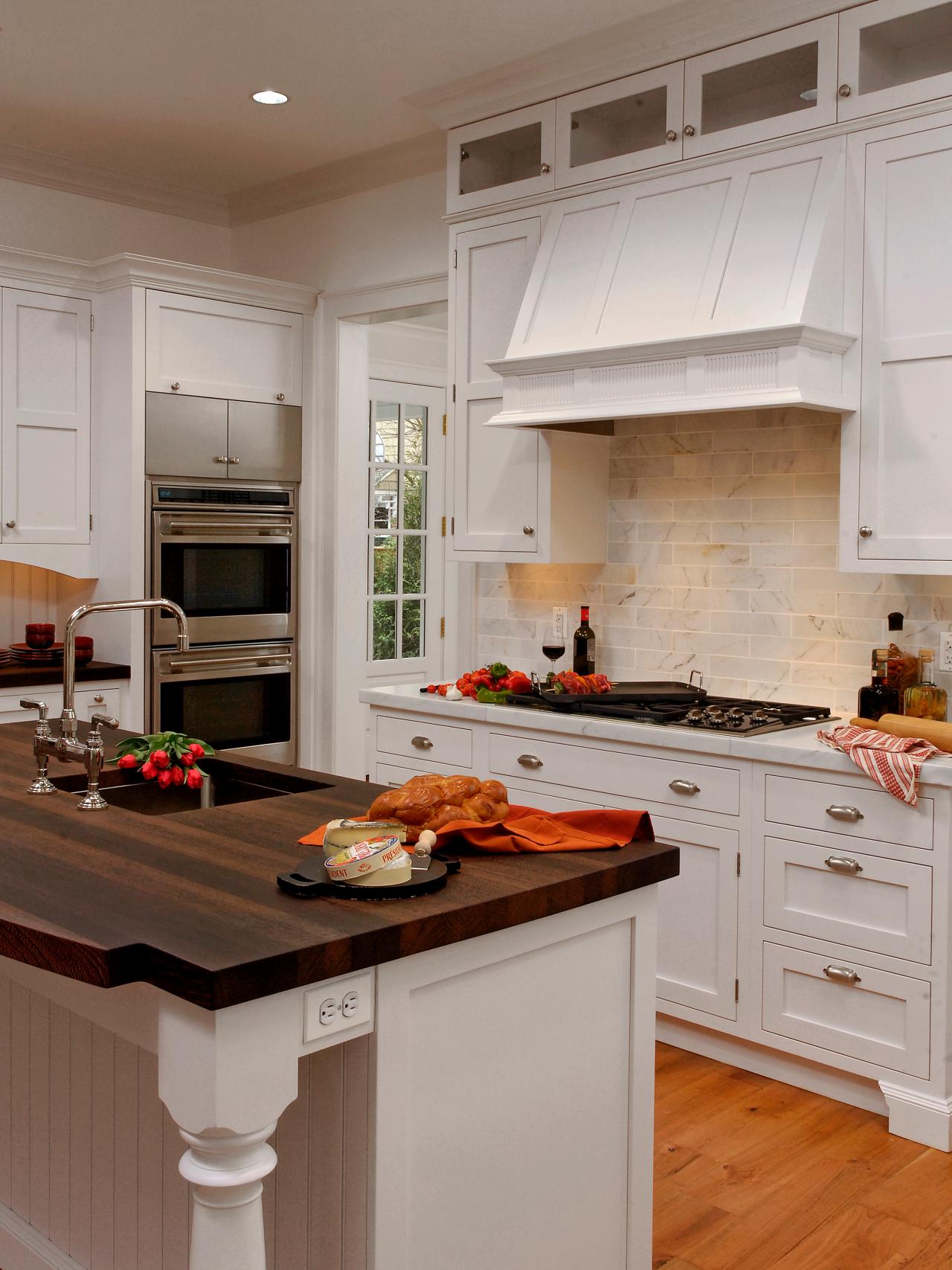A kitchen island made from old windows is a unique and environmentally friendly addition to any kitchen space. This creative approach not only helps in repurposing old materials but also adds a touch of rustic charm and personalized style to your kitchen. To start, gather old windows that are similar in size and shape. These can often be found at salvage yards, antique stores, or even garage sales. Ensure the windows are in good condition with no major cracks or broken glass. The key is to find windows that complement each other in style and design to create a cohesive look for your kitchen island.
The construction of a kitchen island from old windows begins with a sturdy base. This base can be built from reclaimed wood, ensuring it is robust enough to support the weight of the windows and any additional countertop material you might add. The base should be designed to fit the dimensions of your windows, providing a snug and secure fit. It’s essential to use proper joinery techniques to ensure the base is strong and stable. Corner braces and wood glue can provide additional support and stability.

Once the base is constructed, the next step is to attach the windows. Carefully measure and cut the windows if necessary to fit the frame. Use strong adhesive or screws to secure the windows to the base. It’s crucial to ensure the windows are level and aligned correctly. For added safety, consider using tempered glass, which is stronger and less likely to shatter. Additionally, seal any gaps between the windows and the base to prevent dirt and debris from accumulating inside.
The top of the kitchen island can be made from various materials, depending on your preference and the style of your kitchen. Some popular choices include butcher block, reclaimed wood, granite, or marble. When selecting the countertop material, consider its durability, maintenance requirements, and how it complements the overall aesthetic of the island. Secure the countertop to the base with screws or adhesive, ensuring it is firmly attached and level.

Adding shelves or storage compartments to the island can enhance its functionality. Utilize the space inside the base to create storage for kitchen utensils, pots, and pans. Shelves can be built using reclaimed wood or metal brackets, adding both utility and aesthetic appeal. These storage solutions can help keep your kitchen organized and provide easy access to frequently used items.
Incorporating lighting into your kitchen island can create a stunning visual effect. LED strip lights can be placed inside the island to highlight the windows and illuminate the interior. This not only adds a decorative touch but also makes it easier to find items stored inside. Alternatively, pendant lights hung above the island can provide task lighting for food preparation and cooking.

Painting or staining the wood base and window frames can further enhance the appearance of your kitchen island. Choose colors that complement your kitchen decor and add a protective finish to the wood to prevent damage from spills and stains. A distressed or weathered finish can add to the rustic charm, while a sleek, polished finish can create a more modern look.
Adding decorative elements such as handles, knobs, or hooks can also personalize your kitchen island. These can be sourced from antique stores or hardware suppliers to match the style of the windows. Consider adding a towel rack or hooks for hanging utensils, making the island even more functional.
Maintaining your kitchen island made from old windows requires regular cleaning and care. Clean the glass surfaces with a gentle glass cleaner to prevent streaks and smudges. Wipe down the countertop with a mild detergent to keep it free from stains and bacteria. Periodically check the stability of the structure and tighten any loose screws or fittings.

Building a kitchen island from old windows is a rewarding project that combines creativity, sustainability, and functionality. It offers an opportunity to give new life to discarded materials while creating a unique centerpiece for your kitchen. This DIY project can be tailored to suit your personal style and needs, resulting in a one-of-a-kind kitchen feature that reflects your personality and taste.
One of the benefits of using old windows is their versatility. They can be arranged in various configurations to create different looks and styles. For example, you can use windows with decorative grills or frosted glass to add visual interest. Mixing and matching different styles of windows can create a quirky and eclectic look, while using uniform windows can create a more cohesive and streamlined appearance.
Repurposing old windows for a kitchen island is also an environmentally friendly choice. By reusing materials that might otherwise end up in a landfill, you contribute to reducing waste and promoting sustainability. This project encourages a circular economy where materials are reused and repurposed rather than discarded.

The process of creating a kitchen island from old windows can also be a fun and educational experience. It involves learning new skills such as woodworking, glass cutting, and basic construction techniques. This project can be a great way to involve family members or friends, turning it into a collaborative and enjoyable activity.
A kitchen island made from old windows can also increase the value of your home. Unique and custom-built features often attract potential buyers and can make your home stand out in the real estate market. The island can serve as a conversation piece, showcasing your creativity and commitment to sustainability.
This project also allows for customization to meet specific needs and preferences. For instance, you can add wheels to the base of the island to make it movable, providing flexibility in your kitchen layout. You can also incorporate additional features such as a built-in sink or stovetop, turning the island into a multifunctional cooking and prep station.

Common Mistakes to Avoid:
When embarking on the project of building a kitchen island from old windows, it is crucial to avoid certain common mistakes to ensure the final product is both functional and aesthetically pleasing. One common mistake is not measuring accurately. Precise measurements are essential to ensure that the windows fit perfectly into the base and align correctly. Inaccurate measurements can lead to gaps, instability, and an uneven appearance. Always double-check your measurements before cutting or assembling any materials.
Another mistake is neglecting to reinforce the structure adequately. Given that old windows may not be as strong as new materials, the base and frame of the island must be sturdy enough to support the weight of the windows and the countertop. Using insufficiently robust materials or inadequate joinery techniques can result in a wobbly or unstable island. Invest in quality materials and take the time to reinforce joints and corners properly.

Failing to seal gaps and joints can lead to issues with cleanliness and durability. Gaps between windows and the base can collect dirt, dust, and moisture, leading to potential damage and making cleaning more difficult. Use appropriate sealants to fill any gaps and ensure a tight fit. Additionally, failing to properly seal and finish the wood can leave it susceptible to damage from spills, stains, and wear. Apply a protective finish to all wood surfaces to extend the lifespan of your island.
Aesthetic considerations are also important. A common mistake is not considering how the island will fit with the overall style and decor of the kitchen. The design of the windows and the finish of the wood should complement the existing kitchen design to create a cohesive look. Mismatched styles or colors can make the island look out of place. Take the time to plan the design and select materials and finishes that enhance the overall aesthetic of your kitchen.
Overlooking functionality is another pitfall. While the island should be visually appealing, it must also be practical and functional. Consider how the island will be used and ensure it meets your needs. This includes providing adequate storage, ensuring the countertop is at a comfortable working height, and incorporating features such as lighting and power outlets if necessary. Neglecting these practical aspects can result in an island that is beautiful but not very useful.

How do I find suitable old windows for my kitchen island project?
Finding suitable old windows for your kitchen island project involves visiting salvage yards, antique stores, and garage sales. These places often have a variety of old windows to choose from. Online marketplaces such as eBay, Craigslist, or local Facebook Marketplace groups can also be valuable resources. When selecting windows, ensure they are in good condition with no major cracks or broken glass. Look for windows that are similar in size and style to create a cohesive look for your island.
What materials are best for the base of a kitchen island made from old windows?
The base of a kitchen island made from old windows should be constructed from sturdy materials such as reclaimed wood or metal. Reclaimed wood is an excellent choice because it is strong, durable, and environmentally friendly. Metal can also provide a strong and stable base, especially if you prefer a more industrial look. Ensure that the base materials are capable of supporting the weight of the windows and the countertop. Reinforce the structure with corner braces and wood glue to enhance stability.
How can I ensure the windows are securely attached to the base?
To securely attach the windows to the base of your kitchen island, use strong adhesive or screws. Begin by measuring and cutting the windows to fit the frame if necessary. Ensure the windows are level and aligned correctly before attaching them. Use screws or brackets to secure the windows to the base, and reinforce with adhesive for added strength. Sealing any gaps between the windows and the base with caulk or sealant will prevent dirt and debris from accumulating and ensure a tight fit.

What are some options for the countertop of a kitchen island made from old windows?
There are several options for the countertop of a kitchen island made from old windows. Popular choices include butcher block, reclaimed wood, granite, marble, and quartz. Each material has its advantages and considerations. Butcher block and reclaimed wood offer a warm, rustic look but require regular maintenance. Granite, marble, and quartz provide a more polished and durable surface but can be more expensive. Select a material that complements the overall aesthetic of your kitchen and meets your durability and maintenance needs.
How do I incorporate storage into my kitchen island made from old windows?
Incorporating storage into your kitchen island made from old windows involves utilizing the space inside the base. Shelves can be built using reclaimed wood or metal brackets to create storage for kitchen utensils, pots, and pans. Consider adding drawers or cabinets to further enhance functionality. Decorative baskets or bins can also be used to organize items and add to the island’s aesthetic appeal. Ensuring that the storage solutions are practical and easily accessible will enhance the utility of your kitchen island.
How do I maintain a kitchen island made from old windows?
Maintaining a kitchen island made from old windows involves regular cleaning and care. Clean the glass surfaces with a gentle glass cleaner to prevent streaks and smudges. Wipe down the countertop with a mild detergent to keep it free from stains and bacteria. Periodically check the stability of the structure and tighten any loose screws or fittings. Apply a protective finish to the wood surfaces to prevent damage from spills and stains. Regular maintenance will ensure your kitchen island remains functional and visually appealing for years to come.

How to Photograph your Kitchen to Sell

Kitchen and living area features exposed brick and large, metal-framed windows in a home that

Kitchen Bay Window Ideas: Pictures, Ideas & Tips

Related Posts: